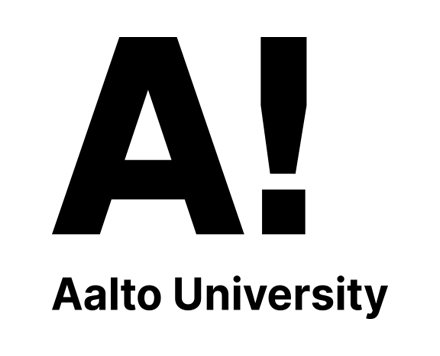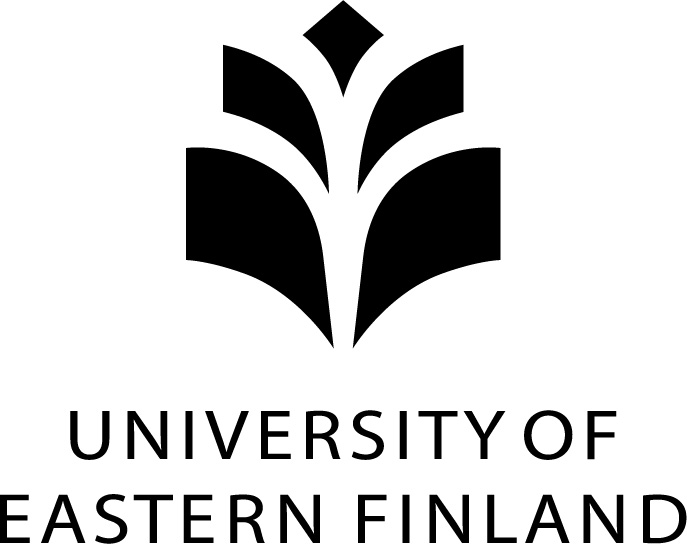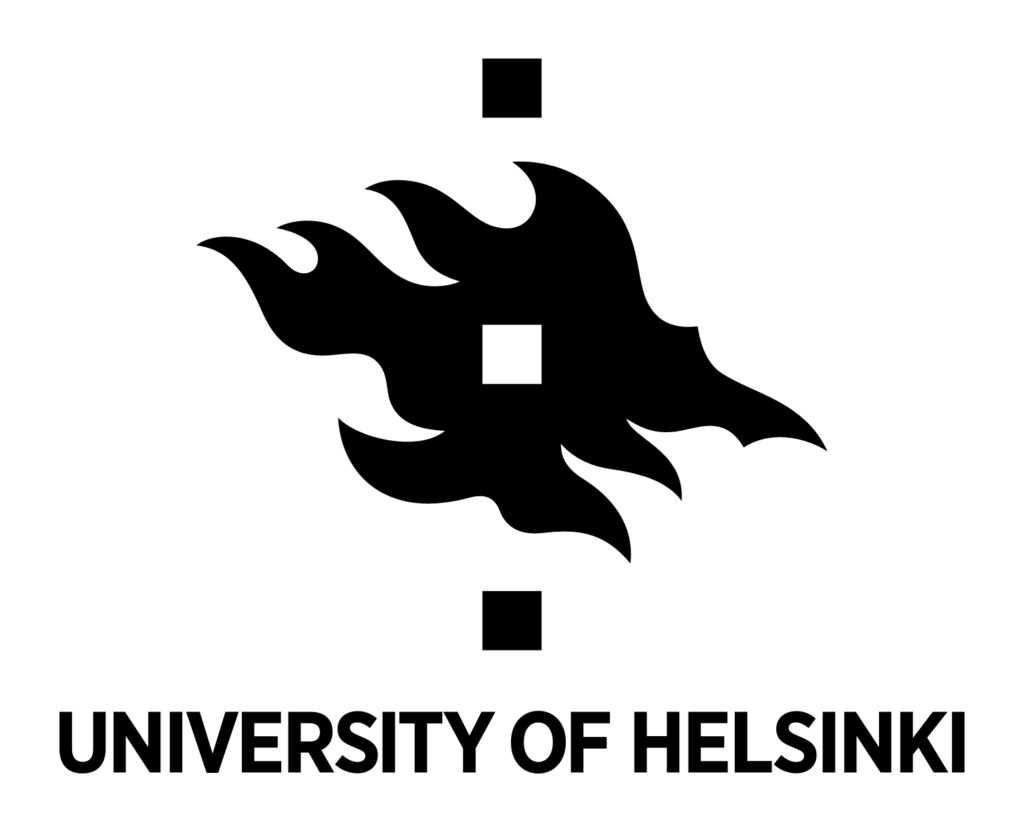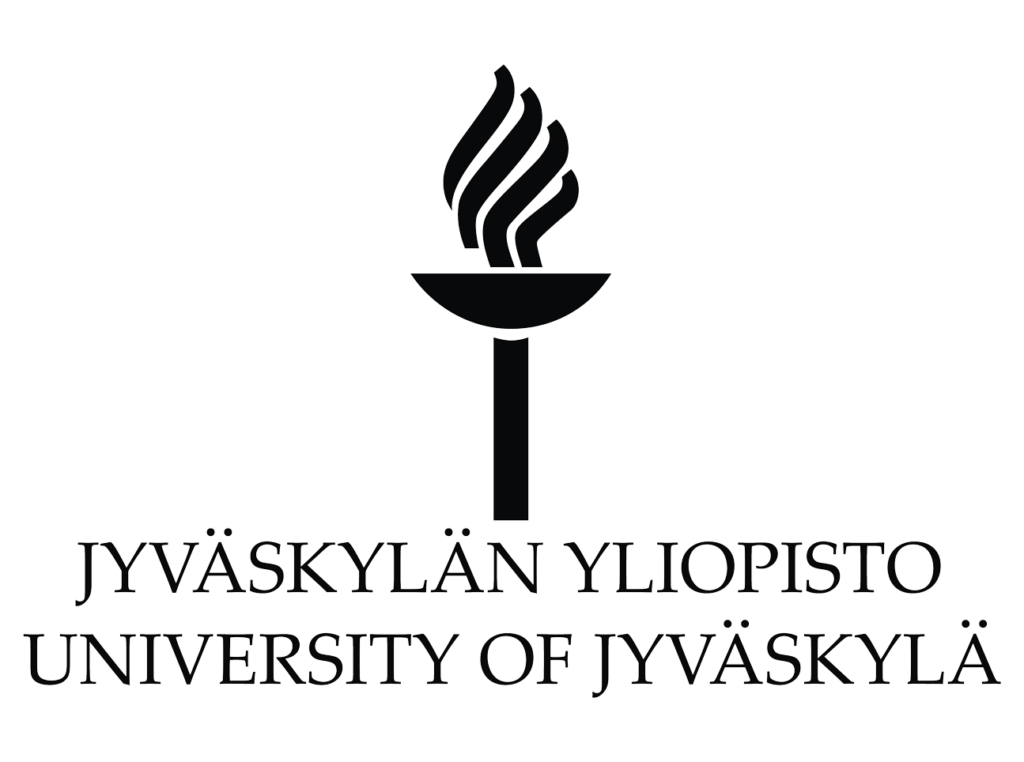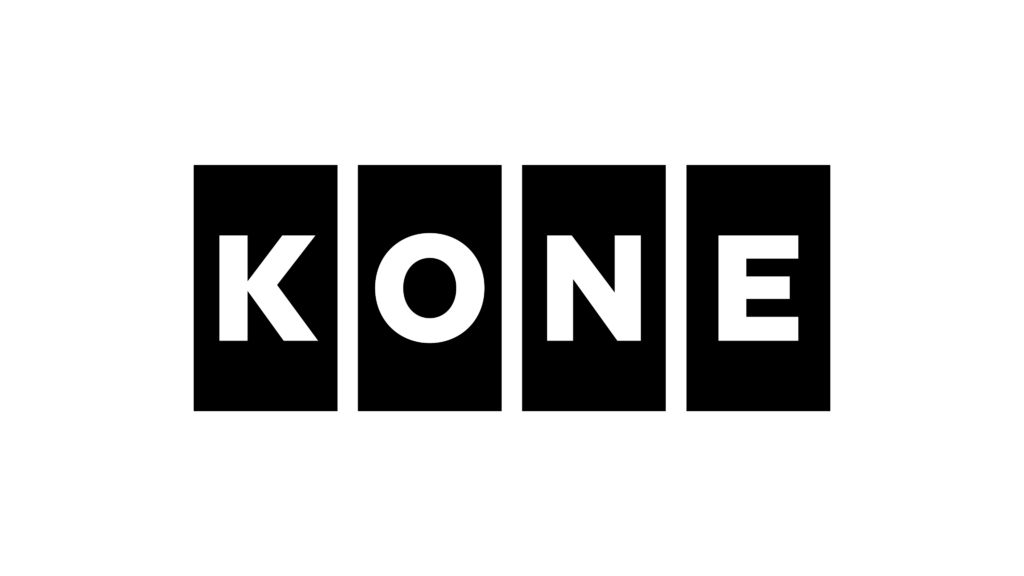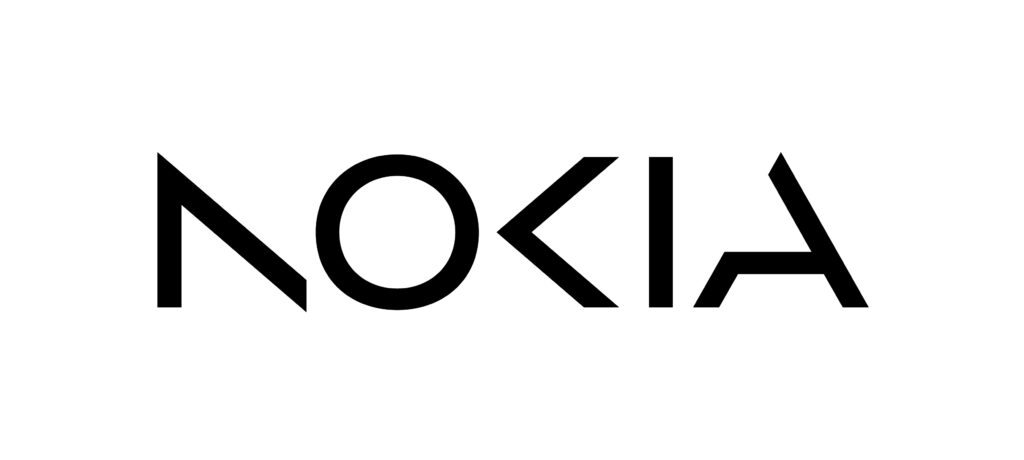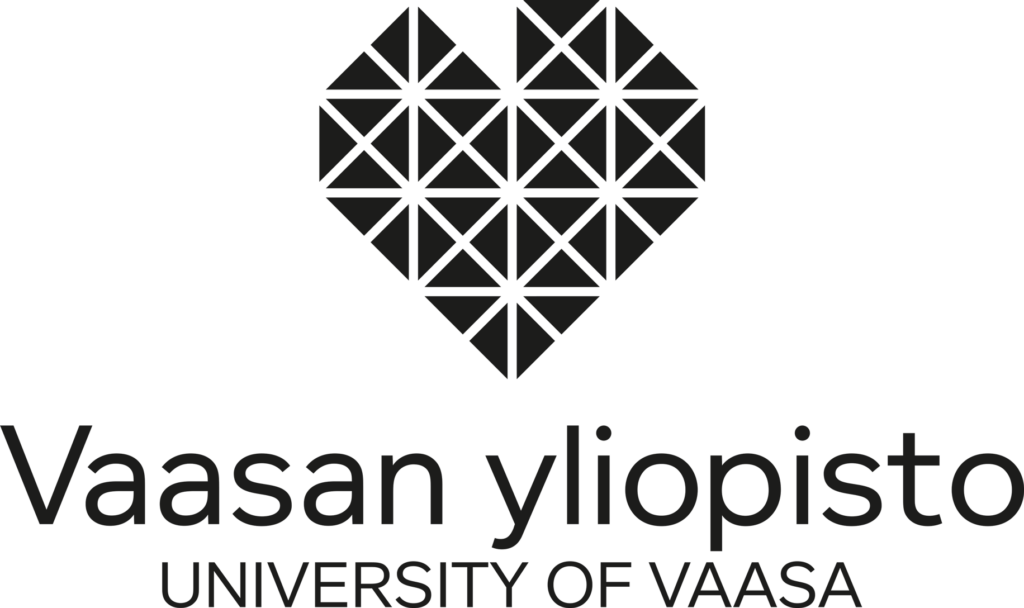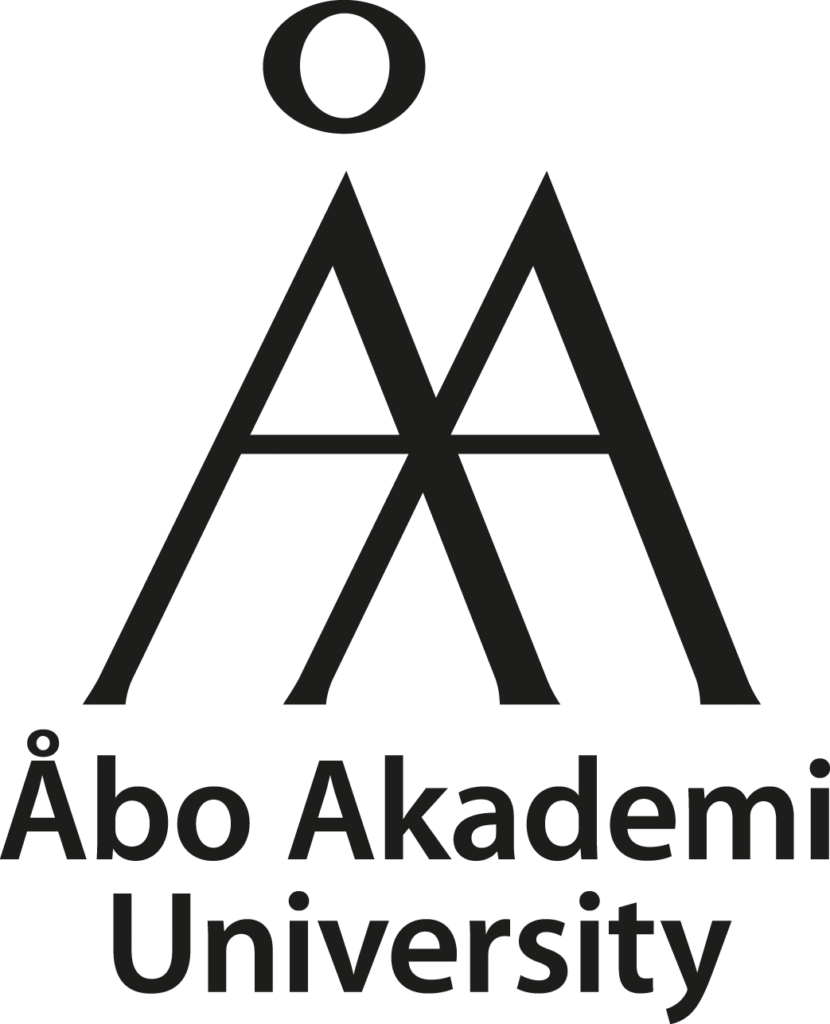TAF Chair in The Times: “Scientists have to seize their moment in the spotlight”

 From President Trump’s suggestion that injecting disinfectant or exposure to UV light might treat Covid-19, to the ITV presenter Eamonn Holmes appearing to legitimise theories linking the virus to 5G, to claims that Bill Gates engineered the pandemic, we are living in a time where unfounded beliefs are getting much more traction than usual, writes TAF Chair, professor Marja Makarow in The Times.
From President Trump’s suggestion that injecting disinfectant or exposure to UV light might treat Covid-19, to the ITV presenter Eamonn Holmes appearing to legitimise theories linking the virus to 5G, to claims that Bill Gates engineered the pandemic, we are living in a time where unfounded beliefs are getting much more traction than usual, writes TAF Chair, professor Marja Makarow in The Times.
Covid-19 has made us all more frightened and anxious, so conspiracy theories, alternative facts and fringe beliefs that would usually not get more than a tiny fraction of attention now saturate both traditional and social media. And while a recent opinion poll from the Open Knowledge Foundation found that 64 per cent of UK voters were now more likely to listen to expert advice from scientists, other evidence points towards science still struggling to assert its superiority.
For example, 780 Facebook groups and thousands of tweets were advocating UV light therapies after Mr Trump’s comments. The 5G theory had snowballed enough by late March for a UK tabloid to run the headline: “Coronavirus: Fears 5G wifi networks could be acting as ‘accelerator’ for disease”. And the falsehoods linking Bill Gates to the pandemic were mentioned more than a million times on TV and social media from February to April, according to an investigation by the New York Times.
But is it any wonder that science is often coming off second best? Trust and respect is damaged when, whether fairly or not, experts are publicly criticised in the media for contradicting their own scientific advice, as in the cases of Neil Ferguson and Catherine Calderwood, the chief medical officer for Scotland.
Second, scientists face a battle of recognition in terms of getting their message across. Compared to the likes of Trump, they are too obscure. A 2018 survey by Research!America, an alliance that advocates for science, found that eight in ten people could not name a single living scientist, while another survey found that only half of UK citizens could name a female scientist.
So what can science do? To start with, it needs to become more open. There will always be an element of guardedness in science, but the profession needs to appear less secretive. The Open Knowledge Foundation opinion poll found that the public wanted much greater access to scientific data, and disliked restrictions on their right to get information: the poll found that 97 per cent of UK voters believed Covid-19 data should be openly available for people to check. They are right; open data enhances democracy and citizen participation. Scientists need to share their data because scientific findings are a public good — their research is financed mostly with taxpayers’ money. Things are starting to improve: last month the European Commission launched the openly accessible Covid-19 data portal for scientific results in order not only to provide transparent information but to accelerate coronavirus research and thereby drug and vaccine development.
Open science also means that scientists need to improve communication. A survey for the British Science Association revealed that nine out of ten young people did not think scientists were talking to them when discussing the pandemic. It’s hardly surprising, then, that many youngsters are seduced by alternative facts circulating on social media in particular.
Science also needs to become more populist, using techniques such as prizes to increase visibility. That is what Technology Academy Finland is trying to do through the Millennium Technology Prize, which highlights the extensive impact of science and innovation on society.
Science also needs to become more populist, using techniques such as prizes to increase visibility. That is what Technology Academy Finland is trying to do through the Millennium Technology Prize, which highlights the extensive impact of science and innovation on society. Governments need to ensure education systems play their part. Finland, for instance, is consistently ranked highly for its science education and as a result trust in science is higher than almost anywhere else in the world.
In 1985 the Royal Society of London published a report citing “improving public understanding of science” as one of its major concerns. Twenty years on a European Commission report in 2005 found that many people could not answer basic “true or false” scientific questions. The present pandemic has shown that, another 15 years later, the public is still susceptible to ill-founded notions or misinformation.
This pandemic means, for perhaps the first time, the eyes of the whole world are on the scientific community. This is its chance to assert its superiority over the falsehoods that threaten its reputation.
Professor Marja Makarow is Chair of Technology Academy Finland awarding the Millennium Technology Prize for groundbreaking innovations.

